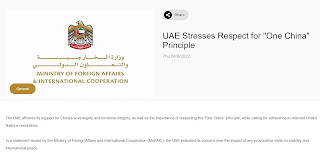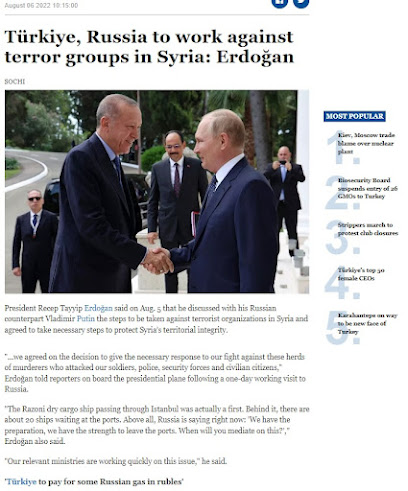
China: Our investments and aid to Africa are not a trap, but a benefit
Chinese Ambassador to the United States, Chen Gang, has criticized allegations that China is creating a "debt trap" in Africa.
The Chinese ambassador to the United States referred to a
study published last July by the British charitable foundation "Deep
Justice", which showed that the volume of African countries' debts to
Western private lenders represents 3 times the size of their debts to China,
pointing out that the interest rate on Private loans are twice the rate of
Chinese loans.
"These results prove that China is not the largest
creditor in African loans, and that Chinese loans are only a small part,"
he stressed.
And yesterday, a spokesman for the US Department of Defense (Pentagon), Patrick Ryder, warned, that the development of the relationship between African countries and China will have negative repercussions on the relationship of these countries with the United States.
"We will be keen to issue statements for the ongoing
discussions, and we continue to consult with our African partners, as any
engagement in certain activities with the People's Republic of China may have
some negative repercussions on their relations with us," Ryder said.
Earlier, US Deputy Commerce Secretary Don Graves
acknowledged that the United States had fallen behind after China overtook US
foreign investment in Africa.
And before the start of the summit of the leaders of the
United States and Africa yesterday, the White House announced President Joe
Biden's support for the African Union to become a permanent member of the Group
of Twenty.
It is noteworthy that the US National Security Adviser, Jake
Sullivan, said earlier that the United States will pledge, during the US-Africa
summit, to support Africa with an amount of $ 55 billion over the next three
years.
It is worth noting that the volume of trade between China
and Africa exceeded $254 billion in 2021, compared to $64.33 billion between
the United States and Africa.
To contextualize Western aid to African country, the $55 billion
pledged by the US to Africa’s 50+ countries over three years is less than the amount
actually given to Ukraine by the US in just one year. In this context, the West
should be encouraging other countries to invest more in Africa not ask African
countries to reject Chinese investment.





























































